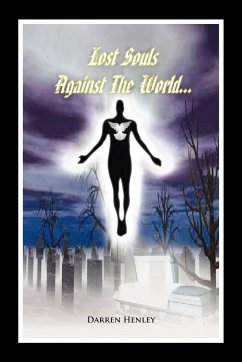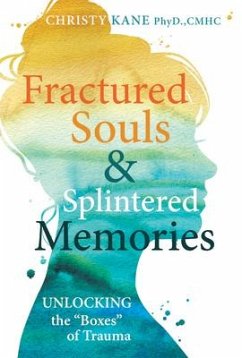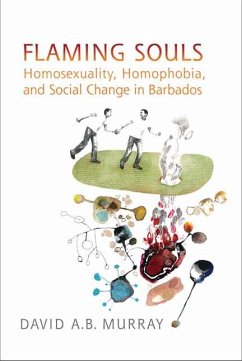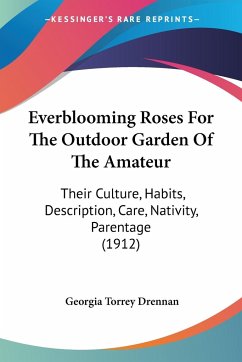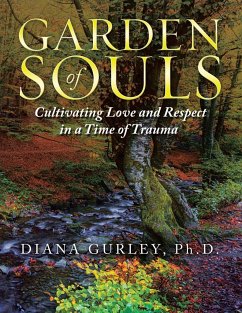
Garden of Souls
Cultivating Love and Respect in a Time of Trauma

PAYBACK Punkte
22 °P sammeln!
This book is about trauma, but it is not about therapy or individual correction and transformation. Instead, it is about the ways our small tribes of families, friends and colleagues can create wholesome environments and groups that understand the nature of trauma, and thoughtfully counteract the conditions that make harrowing experiences possible. After a discussion of the nature of traumatic events and the variety of human responses to it, the book explores how traumatic experience relies on chaos and the destruction of norms, and suggests ways we can build meaningful structure and rhythms. ...
This book is about trauma, but it is not about therapy or individual correction and transformation. Instead, it is about the ways our small tribes of families, friends and colleagues can create wholesome environments and groups that understand the nature of trauma, and thoughtfully counteract the conditions that make harrowing experiences possible. After a discussion of the nature of traumatic events and the variety of human responses to it, the book explores how traumatic experience relies on chaos and the destruction of norms, and suggests ways we can build meaningful structure and rhythms. It proposes that a world of isolation can lose its effect when people make connections with others based on what is good and lovely and shared. It considers ways to practice discernment and critical thinking as a counterbalance to confusion and lies. Helplessness is a signature factor in traumatic experience, but is loses its power when a community identifies personal and social resources, and makes sure people have access to what they need. Grief, uncovered, can be shared. Life-affirming strength can be differentiated from domination and selfishness. Traumatic events that are layered by repetition of racism and ostracism can be seen and understood, and advocates can step forward. Release is possible, but only when we, as communities, create safe and wholesome places where each of us can be respected and valued. This book suggests many ways to understand these ideas, to practice them, and to question our assumptions about what is broken. It calls for us to stand for humanity, beginning with those we know.






